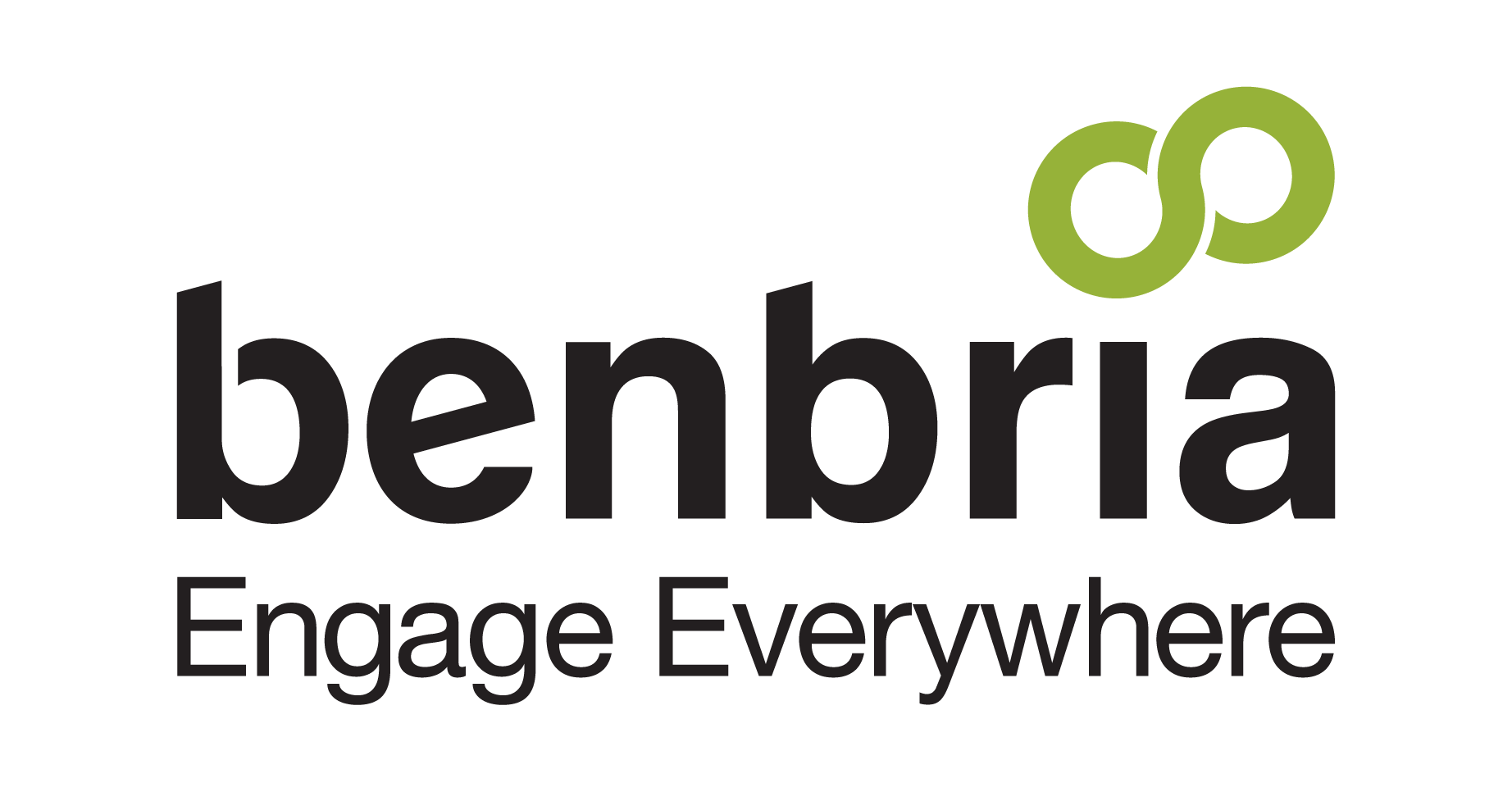After a career spent turning around troubled restaurants, Glen Helton is now the CEO of Kudu, a highly-successful fast-casual food chain based in Saudi Arabia. He sat down to talk to us about the lessons he’s learned throughout his career and what it takes to helm a restaurant chain halfway across the world.
Q: Your career in the restaurant industry began when you were a teenager. What compelled you to stay in the industry?
I like working with people. The restaurant industry allows me to work with the most diverse melting pot of talented people that is not limited to gender, race, age, or origin. I can think of no other industry where this much diversity exists.
Q: What did you learn in those early days that helped guide you as your career progressed?
As a fry cook at Burger King, I learned the basics first — it was as simple as how to properly roll up the water hose after you finished using it. In this case, properly rolling the hose would ensure it was clean and well-maintained, and, most important, it demonstrated what excellence looked like to the next person who used it. This has been no different in my career. I strive to achieve excellence every day in everything that I do, by letting those around me know that excellence is a value, one that you have to live by passionately in order to succeed.
Q: Throughout your career, you’ve worked with various brands, including Burger King, Popeyes, and now Kudu. What were your major learning moments along the way?
One major learning moment for me has been the importance of a mentor. I was fortunate enough to have great mentors along the way who showed me what leadership was about. I was mentored by “servant leaders” who recognized that leadership was about serving those around you, not expecting people to serve you. Today, I have the privilege of serving as a mentor to associates within and outside my company; I work, just as my mentors did before me, to pass along experiences that some of them might never have for themselves, but which teach them that, if presented a challenge, they would know that nothing is impossible.
Q: Kudu Corp is a fast-casual restaurant chain based in Saudi Arabia. How did you initially get involved with Kudu Corp? What drew you to this opportunity?
Relationships drew me to the opportunity. It was simply that, over time, I had built up a strong network in the private equity community based on delivering results. When Kudu partners Abraaj Capital and TPG Capital needed help putting together a leadership team that would position Kudu as a high growth company in the Middle East, I was on the short list of people to call.
After several months of working with the Kudu team during due diligence, I knew that I was meant to lead this journey, where almost everyone was starving for knowledge of running a company at an international level. It was easy to come in and engage a team that wanted to learn and feel included. Our culture of meritocracy is all about everyone having a say. It means that, along with a voice, they also have the responsibility to perform at a higher level than before.
Q: In what ways have you had to adapt to working with a company in the Middle East versus a U.S.-based company?
There are a few things other than the obvious of working in a part of the world where civilization began, and the much different cultures you must adapt to in order to be successful. Laws are different, both written and unwritten. It is not enough to just understand the rules; you must also understand the customs. Google Translate, along with some classes in Arabic, help me connect with my colleagues. I have my watch set with alarms for prayer times, which occur five times a day. Out of respect, the alarms let me know when not to interrupt those around me who are in prayer.
Q: From a service and operational perspective, what are the biggest differences and similarities between the two?
The biggest difference is the people. Though Arabic is the common language and English the second language for most, there is still a huge opportunity when it comes to meaning. Often, the language may be understood, but the translation does not always reflect what was meant to be stated.
The similarities? The answer again is the people. I have learned that, no matter where I live in the world, people want to be understood, appreciated, and recognized for doing a good job. No matter where I have lived around the world, I have never met a person yet who gets out of bed in the morning and says, “I want to do a bad job today.” I believe that everybody starts the day the same way. They all have to put their feet on the ground first. After that, it’s all about attitude.
Q: Throughout your work with Kudu, what has been your greatest challenge? Your greatest success?
The greatest challenge has been navigating the headwind of a tough macro-economic climate during a period in which we are growing at a rate of 20 percent year-over-year.
The greatest success was the launch of our Brand New Day initiative on May 1. This galvanized our team, provided our restaurants a new look, and improved the menu and experience for our guests. It’s built around the essence of our company, Kudu Cares, which we have launched to emotionally connect with our guests, employees, and stakeholders.
Q: Like any other industry, the food sector is facing big changes, thanks in due part to technology. What are some trends you think the industry is going to be seeing in the next few years?
I believe the biggest move will be toward more use of smart phone technology. The smart phone will be the platform of the future. With this insight in hand, all applications we are developing at this point are mobile-ready.
Another role that smart phone technology will play is in the decline of cash and the infusion of mobile payments in the marketplace. In Saudi Arabia’s restaurant industry, I believe that the banks will just leap frog plastic credit cards, which are only nine percent of our transactions, and go straight to mobile pay.
Q: Earlier in your career, you were instrumental in turning around more than 200 struggling Burger King franchises. Based on that experience, what would you say are a few pre-emptive things owners can do to ensure their restaurants thrive?
The turnaround formula is simple: Protect your capital, invest in your talent, and instill a culture around performance. Capital must be treated as one of your most valuable assets; spend it wisely, and only spend it on projects that give you at least 10 percent more than required from your sponsors or partners. Talent is your greatest asset, and making sure that you are constantly assessing talent and investing time and money into their development is paramount to any turnaround. The last leg of this foundation is making sure everyone understands the meaning of “meritocracy”, which is simply defined as everyone having a say in the company and that having a voice means everyone is responsible for performance.




